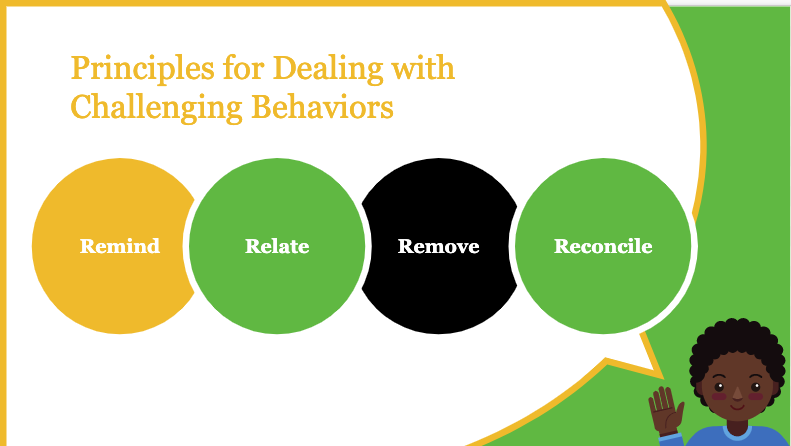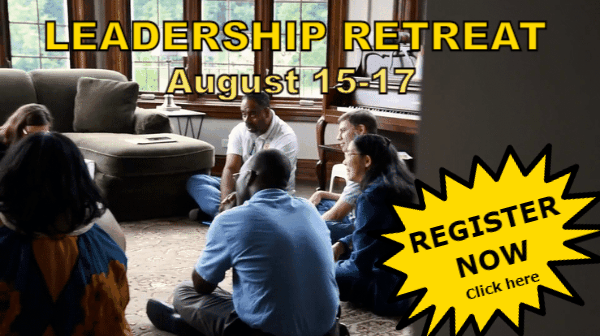February 2018
This month, our leaders engaged in an online workshop on dealing with difficult behaviors in club. Check out some of the content from that discussion below. If you missed it, check our events page for upcoming online workshops.
Here are some key principles we for managing difficult behaviors in club:

Remind
When a child isn’t following the expected behavior, the first step is to remind them what the expected behavior is. Sometimes kids don’t realize that they are “misbehaving” and need to be retaught the expectation. Many minor issues can be dealt with simply by reminding a student what you want them to be doing in that moment.
Relate
If the behavior continues after a reminder, take steps to engage relationally with the child. This is often a one on one conversation to the side immediately or later when you are free to do so. This is not a punishment, but a chance for you to show the child that you care about them and you want to understand the deeper issues going on. Ask questions to try and understand the underlying causes of the behavior. Engage the child in trying to solve the problem with you if possible. Behavior issues, when approached this way, can be a key opportunity to take your relationships deeper.
Remove
Once you’ve reminded a child and taken steps to reinforce the relationship, the next step is to remove. This is often a natural consequence of the continued misbehavior – for example, if a child is being disruptive in the group, they might be removed from the group for a period of time. You may remove them from participation in games if they are not playing safe or following the rules. A ticket taken away is a type of removal of privilege that can be for a variety of more minor misbehaviors. For chronic misbehavior or severe issues, removing them from participation in club for a number of weeks can be an option.
Reconcile
This is the most important step and the easiest to overlook. However, reconciling is a crucial step for maintaining a healthy relationship and fostering growth. Not only should a child experience consequences, but they should also be restored back into relationship with their group, with their leader, or whoever was involved. For example, if you suspend a child from club, how are they restored back into the club? Do leaders and students welcome the child back warmly with a fresh start? Or do they remind the child of what they did wrong and look for them to misbehave again? Recognizing that this is the way God deals with his children, we can teach children the grace and love of God by making restoration a key part of the way that we manage difficult behaviors.














































